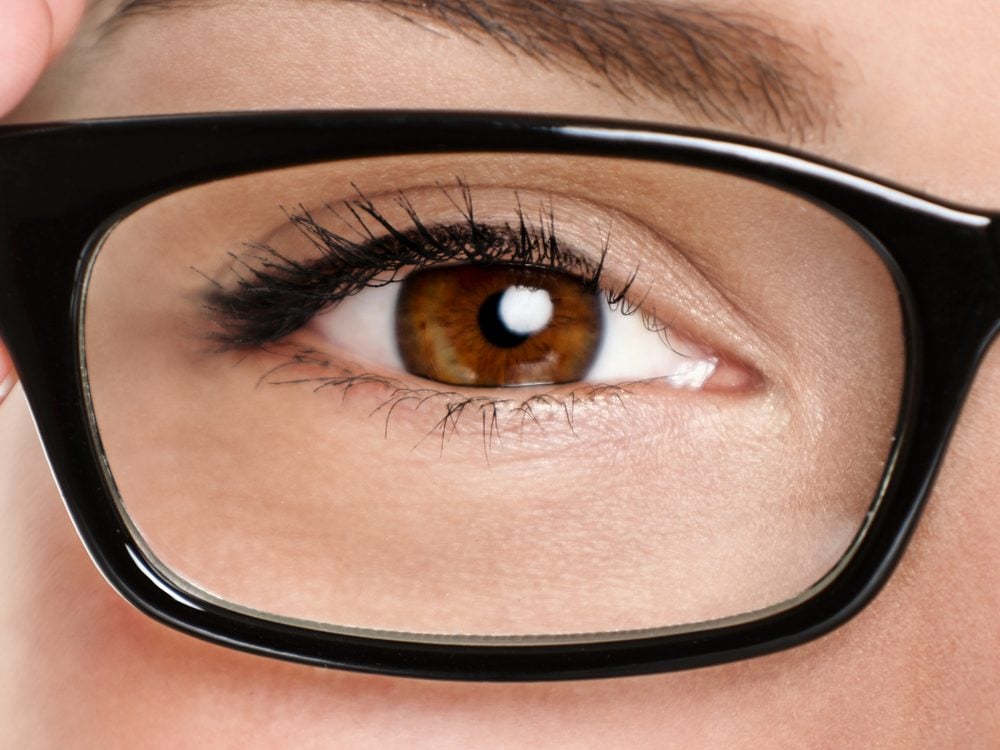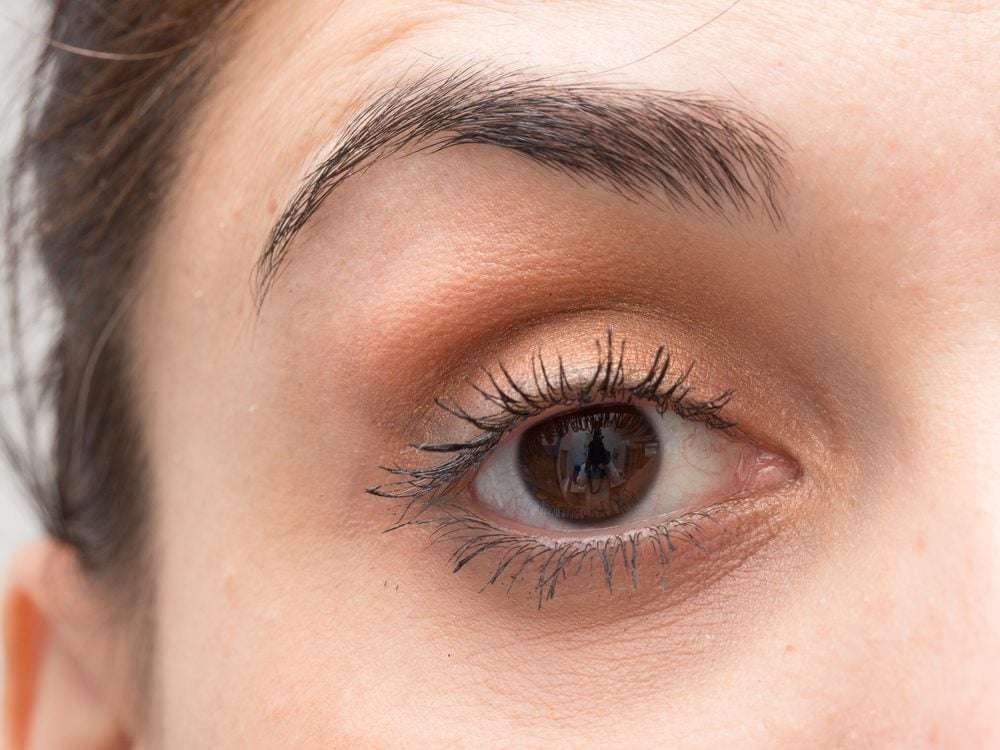
Your eye colour could say a lot about you
People with light-coloured eyes had twice the risk of age-related macular degeneration of those with dark or intermediate iris colours, found a study of 171 participants published in the journal Clinical and Experimental Ophthalmology. “A dark iris blocks more ultraviolet light,” says optometrist Christopher Quinn, OD, secretary-treasurer of the American Optometric Association. “UV light is a risk factor for macular degeneration. Extra light that gets into the eyes of people with light-coloured irises may cause them to have more retinal degeneration.”

Dark eyes: Lower melanoma risk
Dark-colored irises might indicate you have a lower risk of skin cancer. In a study published in Cancer Epidemiology, Biomarkers & Prevention, researchers took DNA samples and gathered sun exposure data from nearly 500 white children, ages 6 to 10, for four years. Children with the blue-eye gene were more likely to develop moles compared to children without the gene. (The number of moles people develop during childhood can predict risk of melanoma in adulthood.) Other research has found that people with blue or green eyes are at greater risk of melanomas of the eye, likely because they have less light-absorbing pigment to shield the eyes from sun damage. But no matter what colour your eye pigment, it’s always a good idea to protect your eyes with large sunglasses or UV-absorbent contact lenses, says Quinn.
Did you know that melanoma is on the rise in Canada? Read up!

Light eyes: More competitive
Australian researchers asked 336 participants of white European descent to complete questionnaires designed to measure personality factors. Agreeable factors were determined by how closely participants identified with statements such as “I make people feel at ease” or “I see myself as someone who is considerate and kind to almost everyone.” Those with dark eyes were more likely to be associated with words like “generosity, friendliness, and empathy” than light-eyed people, whose personalities were pegged less agreeable and more competitive. Though more research is needed, researchers suggest the results could have to do with evolutionary roots. Thousands of years ago, Northern Europeans may have found light-coloured eyes exotic or more attractive and ideal for mating, possibly giving blue-eyed people a competitive edge.
Check out 13 Telling Things Your Handwriting Reveals About Your Personality.

Dark eyes: Considered more trustworthy
In a study published in PLOS ONE, researchers asked 238 volunteers to rate photographs of people for trustworthiness. Overall, participants rated brown-eyed faces as more trustworthy than blue-eyed faces. However, when researchers digitally changed the eye colours, the ratings remained consistent. This led researchers to analyze the correlation between eye colour and facial features. They discovered that men with dark eyes tend to have more additional trustworthy traits than those with light eyes (such as bigger mouths, broader chins, and bigger eyes—features that mirror how faces naturally express happiness.) More research is needed, especially to determine the link for women, who didn’t show the same correlation between trustworthiness and face shape.
What else can your facial features reveal? Here are 8 Signs of Disease That Are Written All Over Your Face.

Light eyes: Less likely to have vitiligo
In a University of Colorado School of Medicine study, researchers tracked nearly 3,000 people with vitiligo, an autoimmune disease in which a person’s immune system attacks healthy pigment cells and causes blotchy skin. Researchers identified 13 genes linked to a predisposition to vitiligo. They found that people with the disease were significantly less likely to have blue or grey eyes than those without it. Of the vitiligo patients, who were all of Non-Hispanic European ancestry, 43 per cent had dark eyes, 30 per cent had green or hazel eyes, and 27 per cent had blue or grey eyes. This differed from typical eye colour distribution among Americans of Non-Hispanic European descent, in which 52 per cent have blue or grey eyes and only 27 per cent have brown or tan eyes. Vitiligo patients are at higher risk for other autoimmune diseases such as lupus, type 1 diabetes, and thyroid disease.

Dark eyes: Drink less alcohol
If your blue-eyed pals seem to drink more than you, this connection may actually have a scientific link. In a Georgia State University survey of 12,000 men and women, researchers found that people with light eyes drank markedly more alcohol and were more likely to abuse alcohol than people with dark eyes. But, why? Researchers hypothesize that it could be due to melanin, the pigment that makes eyes darker. Melanin is involved in electrical connections between brain cells. If the amount of melanin in the eye (dark-eyed people have more) correlates with the amount of melanin in the brain, it could mean dark-eyed people are more sensitive to stimuli like alcohol, which means they may get tipsy off less alcohol than light-eyed people do. Still, more research is needed. “People with light irises drink more, that’s an undeniable conclusion of this study,” says Quinn. “What’s harder to say is whether it’s the iris colour that determines if people drink or don’t drink. It shows an association, not a causal relationship.”